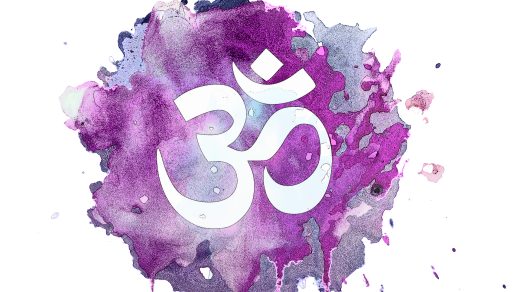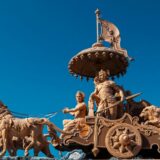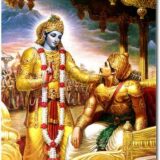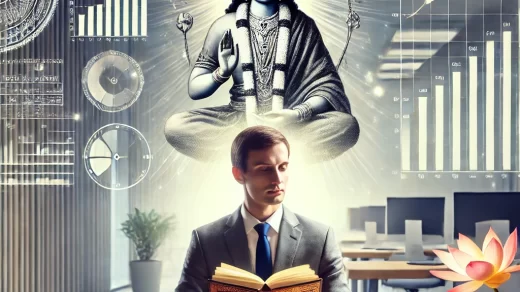Adapt or Fall Behind: Lessons from the Mahabharata
In our fast-paced world, the ability to adapt, learn, and upgrade oneself is no longer optional—it’s essential for survival and success. This timeless lesson is beautifully illustrated in the Mahabharata through the contrasting behaviours of two central characters: Duryodhana and Arjuna.
Duryodhana: The Overconfident Leader Who Stagnated
Duryodhana, the eldest of the Kauravas, was undoubtedly a skilled warrior. However, his overconfidence in his existing abilities and unwillingness to embrace change became his undoing. He relied solely on the skills he acquired during his formal education and never sought to innovate or expand his arsenal. This rigidity in mindset, coupled with his hubris, made him ill-equipped to face evolving challenges. In modern terms, Duryodhana represents those who resist learning and cling to their comfort zones, believing past successes are enough to sustain future victories.
Arjuna: The Lifelong Learner
In stark contrast, Arjuna, the third Pandava, exemplifies the spirit of lifelong learning and adaptability. Despite being acknowledged as the best archer of his time, Arjuna constantly sought opportunities to improve and evolve. Whether it was learning advanced archery techniques from Drona, mastering divine weapons from Lord Shiva, or gaining spiritual wisdom from Krishna, Arjuna never allowed complacency to set in. His dedication to self-improvement ensured that he remained prepared for any challenge.
Why Arjuna’s Approach Matters Today
Arjuna’s approach holds valuable lessons for us in the modern era:
- Continuous Learning: No matter how skilled you are, there is always room for growth. The world is ever-changing, and staying relevant requires an ongoing commitment to learning.
- Adaptability: Just as Arjuna acquired divine weapons to strengthen himself, we must embrace new tools, technologies, and strategies to stay competitive.
- Humility: Arjuna’s willingness to learn from mentors and even divine beings highlights the importance of humility. Acknowledging that you don’t know everything is the first step to growth.
Parallels in Modern Life
- In the workplace, professionals who fail to upskill themselves often find their expertise outdated. Those who embrace new technologies, such as artificial intelligence or data analytics, thrive in their fields.
- Entrepreneurs who rely on old business models without adapting to market trends risk falling behind their competitors.
- On a personal level, cultivating habits like learning a new language, adopting healthier routines, or staying updated with current events fosters growth and resilience.
The Takeaway
The tale of Duryodhana and Arjuna reminds us that survival and success hinge on our ability to adapt and evolve. While talent and strength are important, they must be complemented by a hunger for learning and a willingness to embrace change. In a world where technology and trends shift rapidly, be the Arjuna who constantly upgrades, not the Duryodhana who stagnates.
















